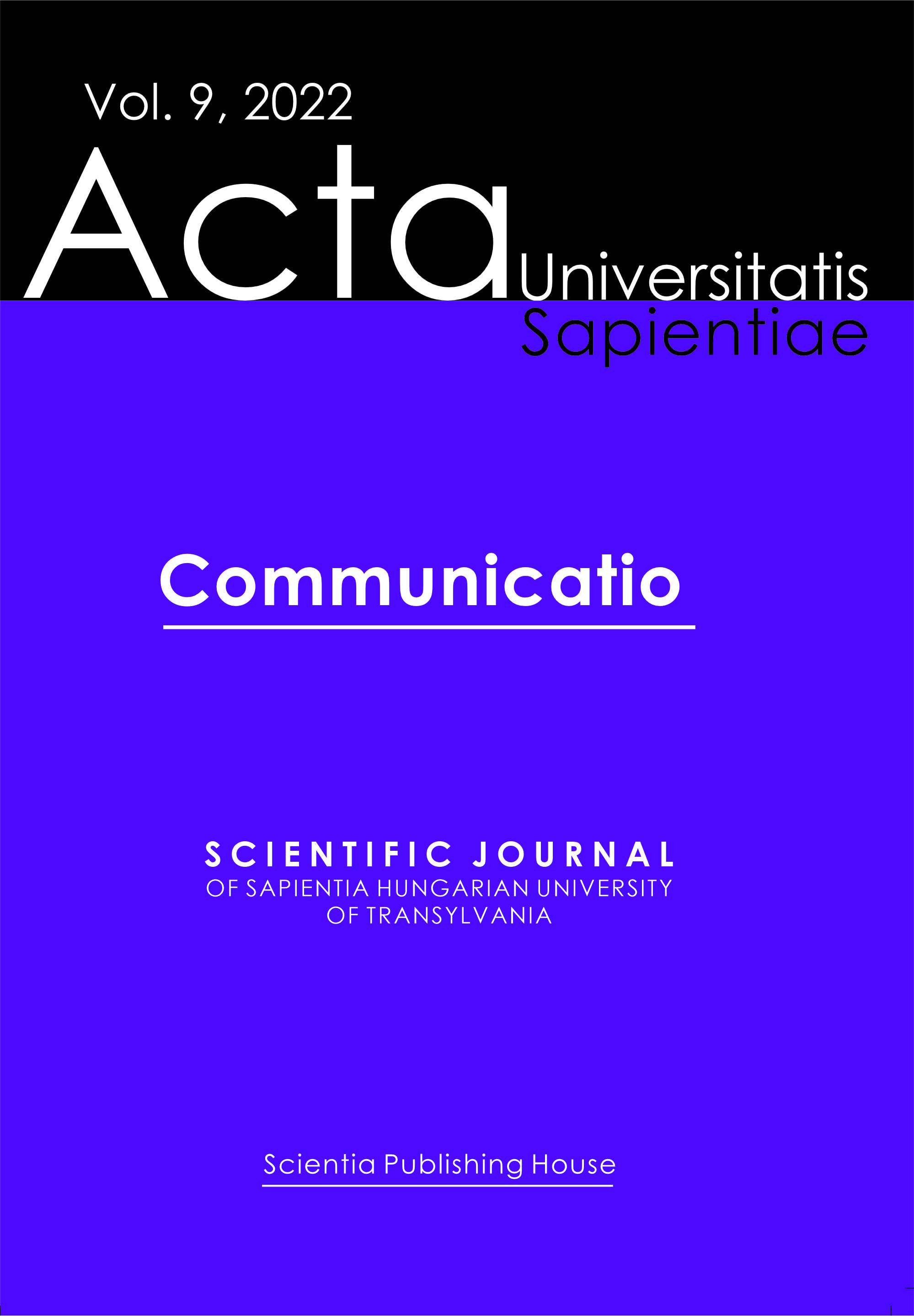Trust and Rejection in the Reception of Information
Trust and Rejection in the Reception of Information
Author(s): Miklós LehmannSubject(s): Educational Psychology, Behaviorism, Social Informatics
Published by: Scientia Kiadó
Keywords: digital information; reception of information; trusted knowledge; misconception; collective thinking;
Summary/Abstract: One of the major new features of the digital environment is the increasing availability of information – but like so much else, this is not a completely new phenomenon. The history of culture and communication has led not only to an increase in the amount of information that can be transmitted but also to its interpersonal accessibility through newer technological tools. Techniques for recording knowledge (starting with various forms of writing)have increasingly widened the possibilities of dissemination and access. What is really new in the digital environment is the development of an information network that ensures continuous access. As a result, the accessibility of others’ ideas has increased significantly, and a kind of networked collective thinking process has developed alongside it. This puts the issue of trust in a completely new light: belief in the reliability of the information transmitted strengthens collective thinking, while doubt and rejection weaken it. Social sustainability in all areas of the digital environment may require processes that can both maintain and expand the supply of information and foster trust and communication that benefits the community. This article will seek to answer this question by examining the spread of misconceptions and of trusted knowledge.
Journal: Acta Universitatis Sapientiae, Communicatio
- Issue Year: 2022
- Issue No: 9
- Page Range: 35-45
- Page Count: 11
- Language: English

